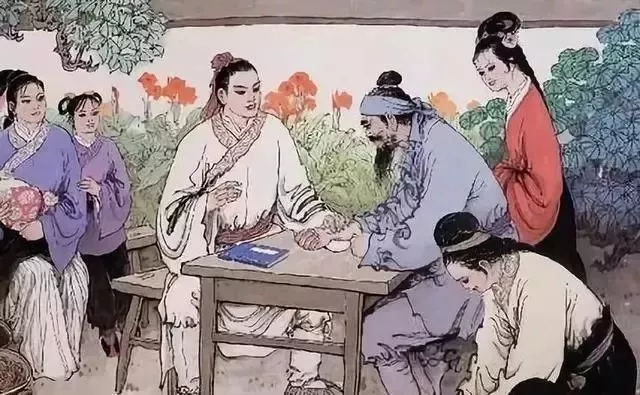Kidney deficiency is a concept in traditional Chinese medicine that primarily refers to dysfunction of the kidneys and insufficiency of kidney qi. In traditional Chinese medical theory, the kidneys are considered the foundation of one’s constitution, responsible for functions like reproduction, growth, and development. Therefore, the importance of kidney qi cannot be overstated. Symptoms and manifestations of kidney deficiency are diverse, including lower back pain, dizziness, tinnitus, insomnia, forgetfulness, and decreased sexual function.
Lower back pain and soreness might result from the kidneys’ inability to effectively detoxify and drain, causing discomfort in the lower back. This discomfort could affect daily life and even impact work and studies. Dizziness and tinnitus may be related to kidney dysfunction, affecting blood circulation in the head and the function of the nervous system. Insomnia and forgetfulness may result from the kidneys’ inability to regulate hormone levels effectively, leading to poor mental states. Decreased sexual function might be due to reduced kidney function, which affects the secretion of sex hormones and, in turn, sexual function.
If you experience these symptoms, it is advisable to seek medical attention promptly. Doctors will employ traditional Chinese diagnostic methods like observation, auscultation and olfaction, inquiry, and pulse-taking to determine whether you have kidney deficiency based on your symptoms and constitution. If kidney deficiency is confirmed, doctors will develop individualized treatment plans based on your specific circumstances. Treatments for kidney deficiency primarily include Chinese herbal medicine, acupuncture, and dietary therapy.
Chinese herbal medicine is the most commonly used method. Commonly used herbal formulas include Liuwei Dihuang Wan and Jinkui Shenqi Wan. These medicines can effectively replenish the nutrients required by the kidneys and enhance kidney function, thus addressing kidney deficiency. Acupuncture treatment involves stimulating specific acupoints to regulate the body’s circulation of qi and blood, with the aim of treating kidney deficiency. This method not only alleviates symptoms but also improves overall health. Dietary therapy aims to supplement the nutrients required by the kidneys through dietary adjustments, enhancing kidney function. This method is considered foundational in treating kidney deficiency because “food and medicine share the same source.” Proper dietary choices can effectively improve one’s physical condition and enhance the body’s resistance.
In summary, kidney deficiency is a common health issue, but most people can experience improvement with timely detection and treatment. Maintaining good lifestyle habits, such as regular exercise, sufficient sleep, and a balanced diet, can also aid in preventing and addressing kidney deficiency. Therefore, it is important to take kidney deficiency seriously, seek timely medical attention, actively pursue treatment, and focus on daily health maintenance to preserve one’s well-being.
